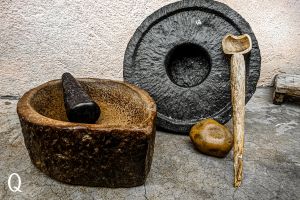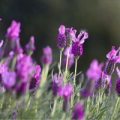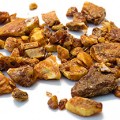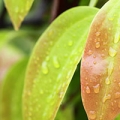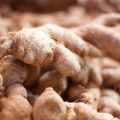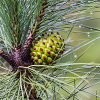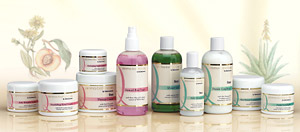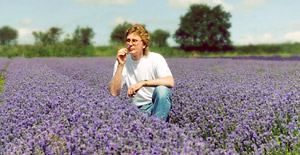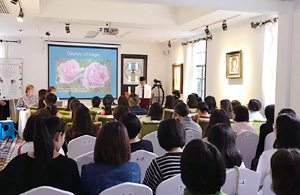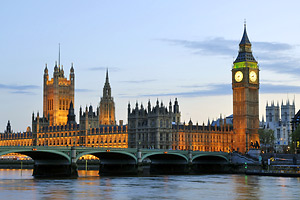The History Of Aromatherapy
The History Of Aromatherapy
Aromatherapy, the use of essential oils for therapeutic purposes, has a long history dating back thousands of years. Various cultures have utilised aromatic plants for their medicinal, spiritual, and cosmetic benefits.
Ancient Civilizations
Egyptians (c. 3000 BCE): One of the first cultures to use aromatic oils in medicine, religious ceremonies, and embalming. They extracted oils from plants like myrrh, frankincense, and cinnamon.
Chinese (c. 2700 BCE): Traditional Chinese medicine incorporated aromatic herbs and oils for healing and balance.
Indians (c. 2000 BCE): Ayurveda, one of the world’s oldest holistic healing systems, included essential oils for wellness.
Greeks (c. 400 BCE): Hippocrates, the “Father of Medicine,” recommended aromatic baths and massages for health.
Romans (c. 100 CE): Used essential oils in baths, perfumes, and medicine.
Medieval & Renaissance Europe
During the Middle Ages, essential oils were used to fight disease and infections, particularly during the Black Plague. By the 17th century, European apothecaries sold essential oils for medical treatments.. The Renaissance saw a revival of botanical medicine.
Modern Aromatherapy
French chemist René-Maurice Gattefossé coined the term “aromatherapy” in 1937 . He studied essential oils’ healing properties after treating a burn with lavender oil. His work inspired the development of modern aromatherapy.
Today, Aromatherapy is often used in holistic medicine, wellness, and cosmetics.
For more history facts, visit the World History Day website

